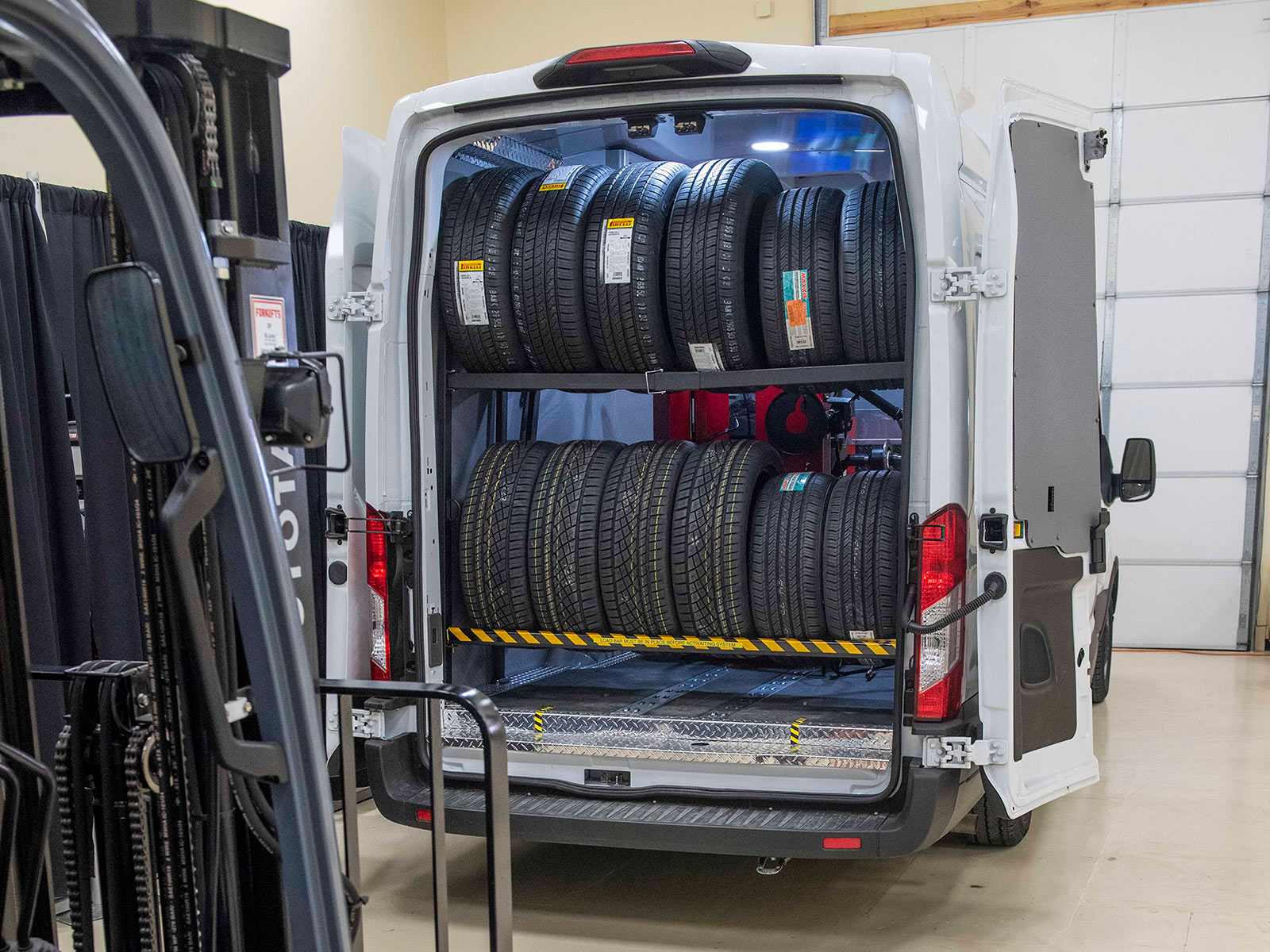Tire Service: The Effect of Weather
When it comes to making certain optimum performance and safety and security when traveling, recognizing the impact of weather condition conditions on tire solution is important. From scorching heat to icy roads, each weather condition component can substantially affect tire capability and total driving experience. By delving into the results of differing weather condition problems on tires, motorists can acquire valuable understandings that might improve their car's performance and longevity. In this discussion, we will certainly check out the elaborate relationship in between climate condition and tire solution, clarifying the importance of weather-specific tire upkeep practices and factors to consider.
Heat and Tire Performance
When revealed to high temperatures, tires experience adjustments in performance that can significantly impact automobile safety and handling. The warmth generated from prolonged driving or hot weather condition problems causes the tire rubber to soften, leading to decreased step life and increased wear.

Cold Weather Effects
Cold weather condition problems can have a considerable impact on tire efficiency and security. In cold weather condition, tires may also shed air stress much more quickly, which can impact handling and fuel effectiveness.
To reduce the results of cool weather on tires, it is vital to regularly inspect tire pressure and inflate them to the supplier's suggested degrees. Using winter months or all-season tires developed for cold weather conditions can also improve grip and grip on icy or snowy roadways. Proper tire maintenance, consisting of regular evaluations for wear and damage, becomes also extra important throughout chillier months to guarantee optimum efficiency and safety.
Rainy Conditions Influence
During rainy conditions, tire performance and safety and security can be dramatically affected by the damp roadway surfaces and minimized visibility. The walk pattern of tires plays a vital function in keeping traction on damp roadways. Tires with worn-out footsteps are more susceptible to hydroplaning, where a layer of water accumulates in between the tire and the road surface, leading to loss of traction. To combat this, chauffeurs ought to routinely examine their tires for ample step deepness and take into consideration buying tires particularly developed for wet conditions.
Additionally, wet Click Here weather can also lower presence, making it testing for chauffeurs to see the roadway ahead clearly (GMC Tire Service). In such problems, it is necessary to change driving speeds accordingly and maintain a safe following range to permit abrupt quits. Effectively inflated tires can also aid in keeping control on wet roadways by offering better handling and grasp
Snow and Tire Safety
When driving in snowy problems, having the appropriate tires can make a significant distinction in security and performance. Winter tires are designed with unique rubber compounds and walk check these guys out patterns to supply much better traction on snow and ice contrasted to all-season tires.

It is important to comply with manufacturer directions when using and installing tire chains to avoid damage to the tires and automobile. By choosing the best tires, preserving appropriate inflation, and taking into consideration extra traction aids like tire chains, chauffeurs can boost their safety and security when navigating snow-covered roadways.
Weather-Related Tire Upkeep
When confronted with numerous climate condition, proper tire upkeep becomes an important aspect of lorry security and performance. Weather-related tire upkeep incorporates a variety of methods targeted at making certain optimum tire function and long life in different weather situations. One key facet of weather-related tire maintenance is tire stress guideline. Varying temperature levels can trigger tire stress to vary, affecting grip and fuel efficiency. On a regular basis examining and find this adjusting tire stress according to supplier referrals is essential for risk-free driving in altering weather. In addition, tire walk deepness plays a significant function in managing various weather components. Tires with appropriate walk deepness provide much better grip on damp or icy roads, decreasing the danger of hydroplaning or skidding. Checking tire walk consistently and changing tires when step wear reaches a certain depth is crucial for maintaining traction and security in adverse weather. By prioritizing weather-related tire upkeep, vehicle drivers can enhance security, boost vehicle efficiency, and prolong the lifespan of their tires.
Conclusion
In conclusion, climate problems have a considerable influence on tire efficiency and security. From warm impacting tire stress and put on to cool weather condition decreasing grip, it is vital to consider the climate when keeping and making use of tires.
In this discussion, we will discover the complex relationship between climate conditions and tire service, shedding light on the significance of weather-specific tire upkeep methods and factors to consider.
